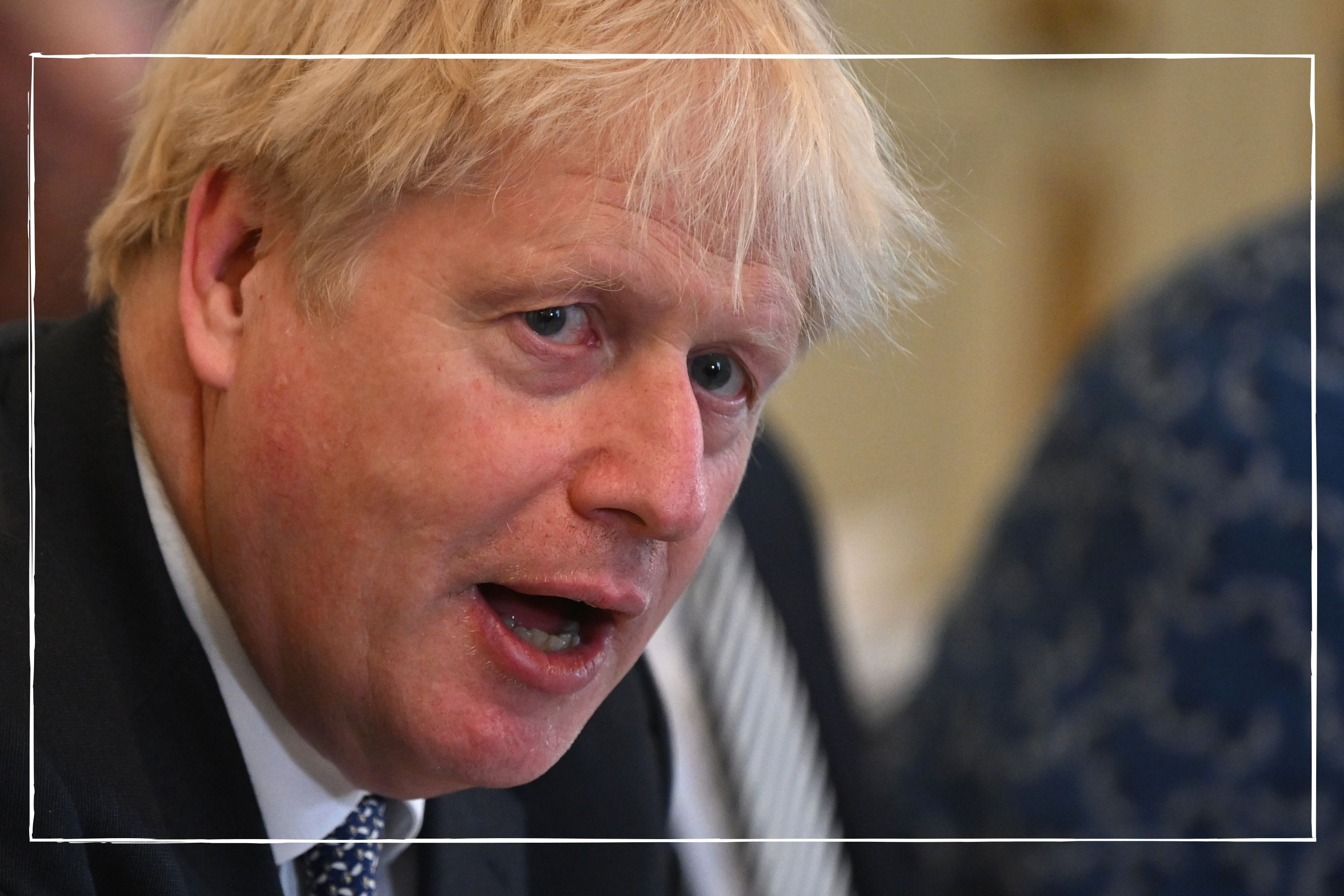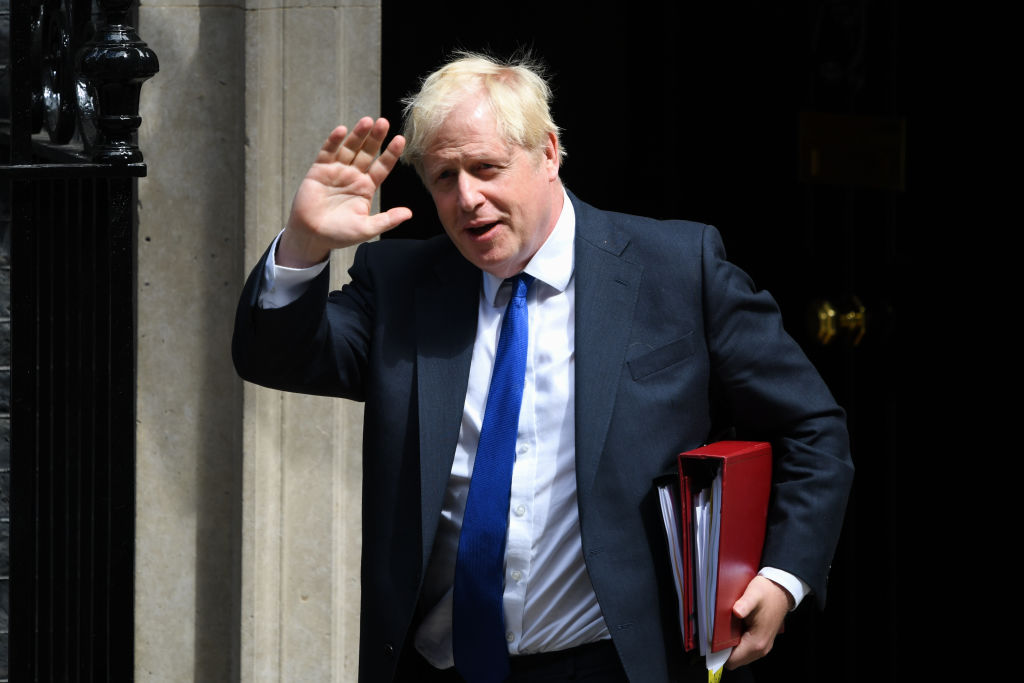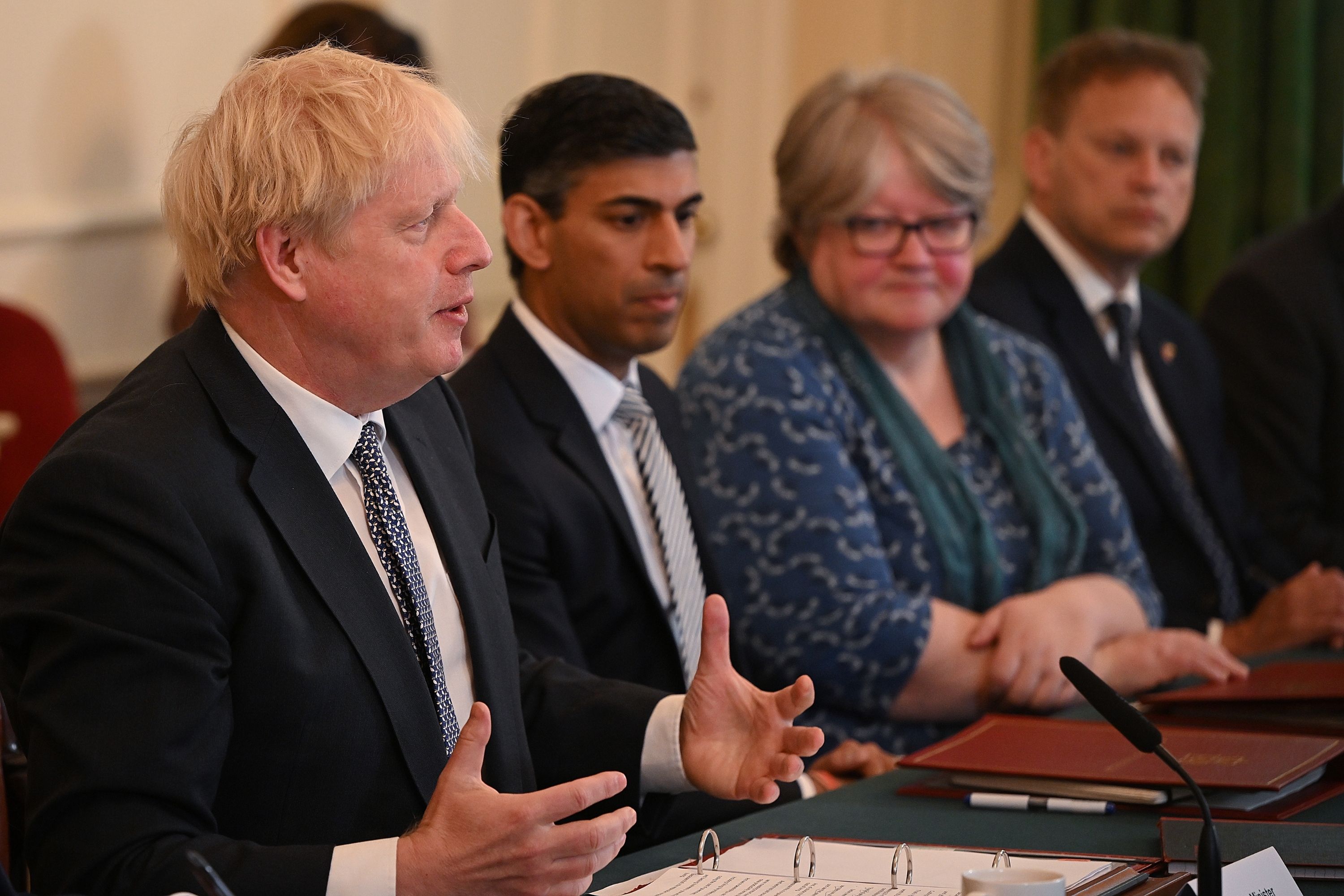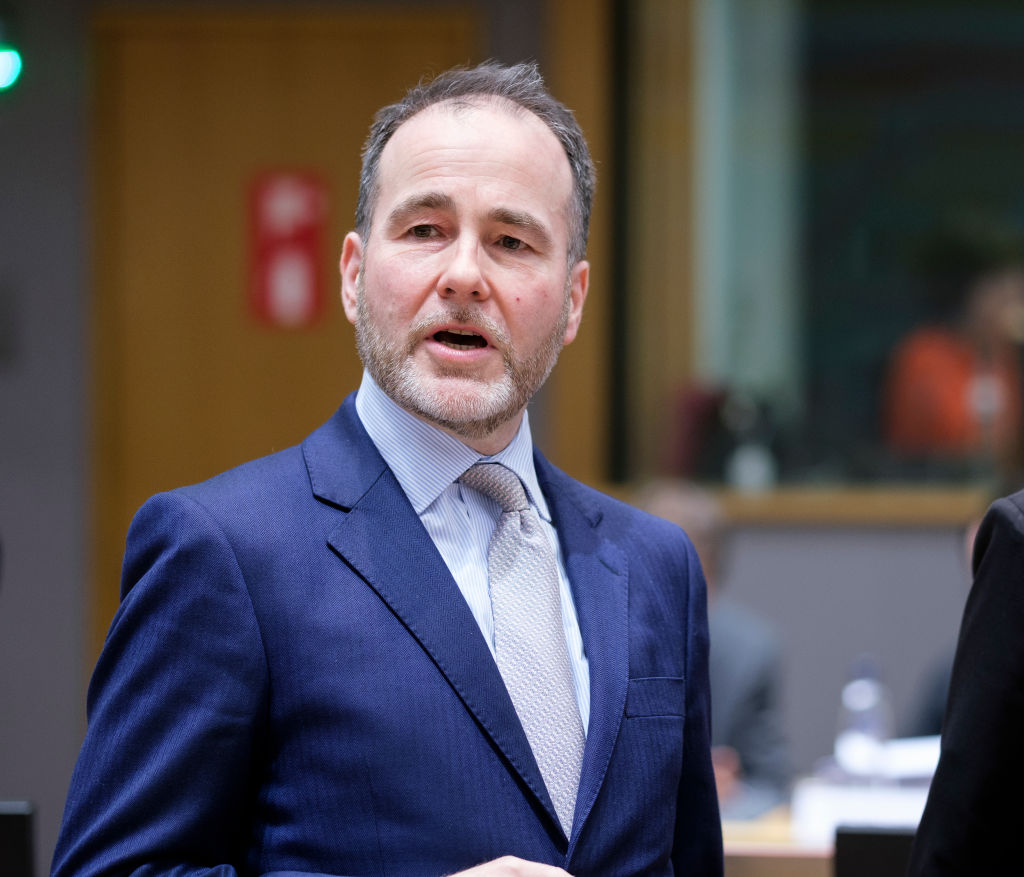Has Boris Johnson resigned and what factors contributed to his resignation?
Mr Johnson will step down in Autumn 2022


Parenting advice, hot topics, best buys and family finance tips delivered straight to your inbox.
You are now subscribed
Your newsletter sign-up was successful
Boris Johnson resigned as British Prime Minister on July 7, 2022. We look into the possible reasons that led him to leave.
First came the Sue Gray report in May 2022, closely followed by two By-election defeats for the Tories in June. July brought another round of scandal in the form of Chris Pincher - the then Conservative chief whip who resigned after accusations of sexual misconduct. In the days following, a number of government ministers resigned - including prominent figures Chancellor Rishi Sunak and Health Secretary Sajid Javid.
There's no doubt that the series of events sparked questions over the future of Prime Minister Boris Johnson. Government drama aside, several opinion polls have reported a decline in positive public opinion for the PM, with many even asking if the Queen can sack the Prime Minister. We look into factors that could have contributed to his resignation, in addition to what happens when a Prime Minister resigns.
Has Boris Johnson resigned?
Yes, Boris Johnson has resigned as Britain's Prime Minister. Announcing his departure in a statement outside 10 Downing Street, he told reporters: "I want you to know how sad I am to be giving up the best job in the world. But them's the breaks."
Elsewhere in his speech, Mr Johnson thanked the British public for "the immense privilege" of leading the country. He added that he will remain in the role until Autumn 2021, when a new Conservative leader has been decided.
"I've agreed with Sir Graham Brady, the chairman of our backbench MPs, that the process of chosing that new leader should begin now and the timetable will be announced next week," said Mr Johnson. "And I've today appointed a Cabinet to serve, as I will, until a new leader is in place."

What factors could be behind Boris Johnson's resignation?
Political pressure and speculation over a possible resignation mounted in early July following a flurry of Cabinet Minister resignations, plus recent sexual allegations surrounding now ex-deputy chief whip Chris Pincher.
Parenting advice, hot topics, best buys and family finance tips delivered straight to your inbox.
Chancellor of the Exchequer Rishi Sunak and Health Secretary Sajid Javid both announced their resignations within minutes of each other on July 5, 2022. Within their resignation letters, the two criticised Boris Johnson and the current administration.

Boris Johnson sat next to Chancellor Rishi Sunak in a Cabinet meeting in July 2022.
In his resignation letter, ex-chancellor Rishi Sunak suggested issues behind the scenes with Johnson, who said "on occasions where I disagreed with you privately, I have supported you publicly.” He also called into question the credibility of Johnson's current government:
“The public rightly expect Government to be conducted properly, competently and seriously. I recognise this may be my last ministerial job, but I believe these standards are worth fighting for and that is why I am resigning,” he said.
Sunak has since become the frontrunner in the race to replace Johnson - for which the leadership TV debates are about to take place - leaving many wanting to know more about the ex-Chancellor, including how he voted on Brexit and his net worth.
Mr Javid - who has been health secretary since June 2021 - said that the British public "expect integrity from their government". Of Johnson, he criticised "the tone" he sets as leader and the effect this has on the wider government and country. He added that he could "no longer in good conscience continue serving in this government".
Alongside the departure of several junior ministers, the resignations have left many wondering how many are left in government.
The fall-out follows further drama within Westminster over the last few months. In early July, deputy chief Conservative whip Chris Pincher resigned his position after allegations emerged of him groping two men at a Piccadilly private members' club.
Following his exit, a No 10 source revealed to the Guardian that Boris Johnson was "probably" aware of other alleged sexual misconduct complaints against Mr Pincher - prior to his promotion as Deputy Chief Whip in February 2022. Ex-government aide Dominic Cummings has additionally claimed that Johnson referred to Mr Pincher as “Pincher by name, pincher by nature”.
The government response? The same aide argued that the PM was unable to look into the “unsubstantiated rumour” around Pincher before announcing his new role.

The former Conservative deputy Chief Whip Chris Pincher who resigned in early July following groping allegations.
A month earlier, Mr Johnson was also subject to a Vote of No Confidence. Taking place on June 6, 2022, this involved Tory MPs voting for or against Boris continuing as Conservative leader. He won the confidence vote - 211 to 148 - calling it an “extremely good, positive, conclusive, decisive”. But whilst a victory, the vote showed that 40% of his own MPs failed to back him.
June's Vote of No Confidence arose after the Sue Gray report was published on May 25, 2022. The report investigated a series of 'illegal' parties and gatherings attended by government officials - including Boris Johnson - when the country was in an imposed lockdown. One such incident included two parties held on April 16 2021 - which No 10 apologised to the Queen for, as it was the day before Prince Philip's funeral.
The series of scandals has certainly had an effect on public opinion of Mr Johnson and the wider Conservative Party. A YouGov poll asking 'How well is Boris Johnson doing as Prime Minister?' shows that 71% voted 'badly' compared to 23% 'well'.
The Labour Party were also favoured over the Conservatives in another public opinion poll by PA in early June. Support for Labour was recorded as 40% compared to the Tories' 32%.
The Conservatives have also suffered recent losses at two by-elections in June 2022. Labour won the seat in Wakefield, West Yorkshire. Whilst the Liberal Democrats took Tiveton and Honiton by a 6,000 majority. Based in the South West, it was previously considered a deep Conservative constituency area.
Related features:
Video of the Week

Emily Stedman is the former Features Editor for GoodTo covering all things TV, entertainment, royal, lifestyle, health and wellbeing. Boasting an encyclopaedic knowledge on all things TV, celebrity and royals, career highlights include working at HELLO! Magazine and as a royal researcher to Diana biographer Andrew Morton on his book Meghan: A Hollywood Princess. In her spare time, Emily can be found eating her way around London, swimming at her local Lido or curled up on the sofa binging the next best Netflix show.